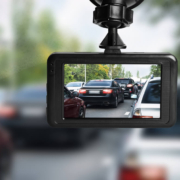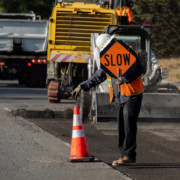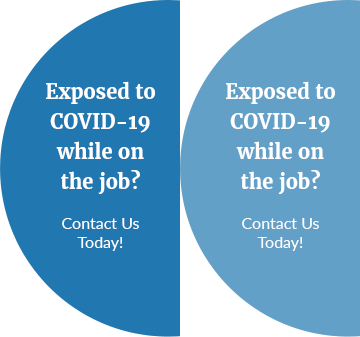Can Victims Sue the Government Over an Auto Accident Injury?
If another driver causes an auto accident and you become injured, you have the right to file a lawsuit against them to seek compensation. What happens if the liable party is someone who was working on behalf of the government at the time of the crash? Any time you involve the government in a personal injury claim, you can expect a more complicated legal process. This holds true for an auto accident claim.
With the right legal representation, you can fight for fair compensation after a collision. Learn more now by calling Caroselli, Beachler & Coleman at 866-565-4949.
State and Federal Law
To start, note that there are different requirements set for suing local, state, and federal governments. If the person who hit you was working as a federal employee, you may be able to seek compensation under the Federal Tort Claims Act. However, there are limitations.
You can only sue a federal employee, not a contractor who is performing services for the federal government. The negligent party’s actions must have been part of their work duties. That is to say, if they were engaging in personal tasks during work time, the federal government may not be liable. Finally, you can only sue the government if the liable party was negligent. If they acted out of malice and intentionally harmed you, the government is usually not liable.
Pennsylvania’s Sovereign Immunity Act
If the person who struck you was a state employee, those claims fall under the Sovereign Immunity Act. The Sovereign Immunity Act generally protects the government from civil suits and criminal charges, but the law is not absolute. It does allow for lawsuits against the state government under several conditions. To find out if you will be able to sue the government, ask yourself if the claim meets these two requirements:
- The facts of your case would permit you to recover damages in a standard civil lawsuit against a regular liable party
- The cause for the claim falls under one of the exceptions to the Sovereign Immunity Act—in this case, a bicyclist, pedestrian, or driver was hit by a government employee who was engaged in government business at the time of the accident
While most auto accident claims fall under the exception listed above, there is another one that may allow you to sue the government for a collision. Dangerous street conditions, poor upkeep of traffic controls, and unsafe street lighting are all conditions under which you can sue the government for a car crash.
Pursuing a Claim Against the Government
The process of suing the government for a car accident is different from the process used to sue a private party. In Pennsylvania, you generally have two years to file a lawsuit against someone for a personal injury. If your claim is against the government, you only have six months.
Before you can sue the government, you are required to give them written notice. The notice you provide them should include the victim’s identity, how and when the accident occurred, and the identity of the victim’s doctor. If you don’t provide notice before moving forward with a lawsuit, your claim will likely be dismissed completely.
The state of Pennsylvania limits the amount of money you can recover in a lawsuit against the government. Per the Sovereign Immunity Act, an accident with one injured party has a $250,000 cap. An accident with multiple injured parties has a $1 million cap on total damages.
Once you have sent the proper notice, you still have to build a case against the government that proves its liability. You will definitely want to hire an attorney for this entire process. Any personal injury claim hinges on high-quality evidence presented in the right way, but that is even more important for a claim against the government. The government will go out of its way to avoid paying compensation unless its hand is forced, and the best way to do that is to consult an attorney.
Start Your Car Accident Claim with Caroselli, Beachler & Coleman
Have you been hurt in a car accident caused by a government employee? It’s time to plan your next steps as you seek compensation. Set up a consultation with our team right away by calling us at 866-565-4949 or reaching out to us online.













